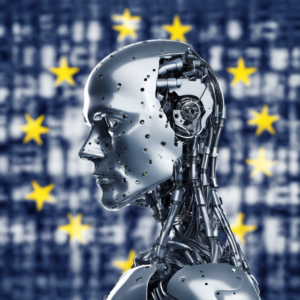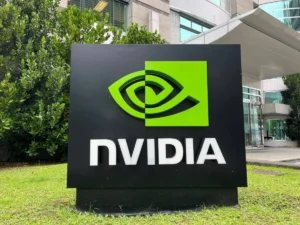Dutch Privacy Regulator Raises Concerns About Meta’s AI Initiatives Utilizing Facebook and Instagram Content

Dutch Privacy Regulator’s Concerns Over Meta’s AI Plans
Introduction to the Issue
The Dutch Data Protection Authority (Autoriteit Persoonsgegevens or AP) has recently raised significant concerns regarding Meta’s intentions to utilize user-generated content from Facebook and Instagram for artificial intelligence (AI) development. This situation emphasizes the ongoing tension between technological advancement and data privacy rights, highlighting the essential need for careful consideration by both regulators and tech companies.
Background on Meta’s AI Initiatives
Meta, the parent company of popular social media platforms such as Facebook and Instagram, is heavily invested in developing AI technologies. These advancements aim to improve user experience, streamline services, and enhance data analysis. However, the foundation of these technologies often relies on vast amounts of user-generated content, which raises privacy concerns.
Key Points About Meta’s AI Development:
- Utilization of User Data: Meta’s AI efforts may involve using posts, comments, and other forms of user interaction from Facebook and Instagram.
- Enhancements to Services: The goal is to create smarter algorithms that can better understand user preferences and deliver more personalized content.
- Potential Backlash: With increased scrutiny on data privacy, Meta’s plans have not gone unchallenged.
Privacy Concerns Highlighted by the AP
The Dutch privacy authority has meticulously evaluated Meta’s strategy, emphasizing the following points:
User Consent: There are questions about whether users have given informed consent for their data to be used in AI training.
Scope of Data Collection: The amount of data collected from users, encompassing not just public posts but potentially private information, raises significant concerns.
Impact on Users: The potential consequences of using this data to create predictive models that could affect users’ experiences and privacy are alarming.
- Legal Compliance: The AP is particularly interested in whether Meta’s practices are compliant with the General Data Protection Regulation (GDPR), which establishes strict guidelines for data usage in Europe.
The Role of GDPR in Protecting Privacy
The GDPR, which came into effect in May 2018, is a landmark piece of legislation that aims to protect the privacy of individuals within the European Union. It governs how organizations can collect, process, and store personal data. Key aspects of GDPR include:
- Rights of Individuals: Users have the right to know how their data is being used and to provide explicit consent for its use.
- Data Minimization: Companies are required to collect only the data necessary for their stated purpose.
- Accountability: Organizations must demonstrate compliance with GDPR regulations and be able to provide evidence of their data practices.
Meta’s Response and Future Steps
In response to the AP’s concerns, it remains to be seen how Meta will adapt its plans regarding AI development. The company has expressed a commitment to protecting user data and could potentially:
- Enhance Transparency: Make clearer statements about how user data is utilized and the specific purposes for which it is being collected.
- Implement Stricter Data Controls: Incorporate more stringent measures to ensure compliance with privacy regulations.
- Engage with Regulators: Work collaboratively with authorities, like the AP, to address concerns and ensure that user rights are prioritized.
The Broader Context of Data Privacy
As technology continues to advance rapidly, the conversation surrounding data privacy is more critical than ever. Other major tech companies are also facing scrutiny similar to that of Meta, as public awareness and regulatory frameworks evolve to protect individual privacy rights.
By understanding the balance between innovation and privacy, tech companies can create solutions that respect user rights while still advancing their technologies. This ongoing dialogue is essential as society navigates the challenges and opportunities presented by AI and data-driven technologies.





